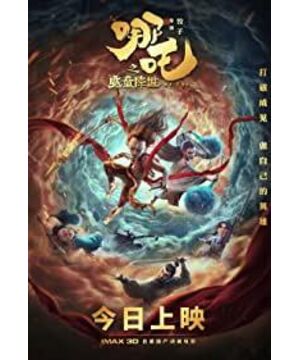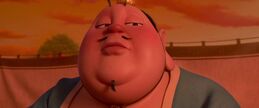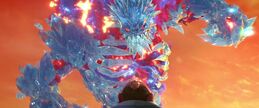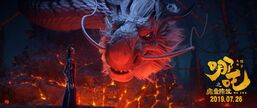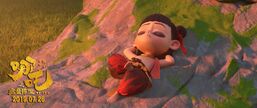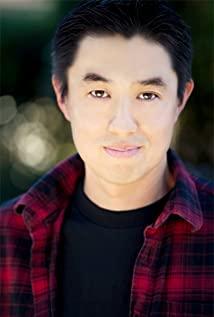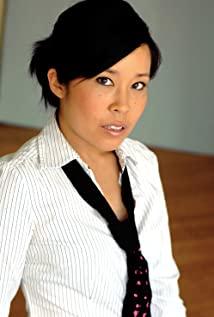I watched this animation with my friends today. Although it is a Chinese myth, the look and feel is closer to Hollywood animation, and it is not as good as expected. There are many problems with the film.
First of all, there is a problem with the pacing of the film. A lot of comments are saying that the smoothness of the film is very good, and I am a little inexplicable, because at the beginning of the film I felt that there was a problem with the rhythm visible to the naked eye. There are too many big and unwarranted fights, and the dialogue during the literary drama seems to be running at double speed. The direct result is that I feel that most of the characters in it are exaggerated and vain, just paper-like symbols without real feelings.
Second, too many embarrassing and low-level jokes. Can the animation be funny? Of course you can, but how to add is a technical job. The jokes in Nezha only make me feel embarrassed and annoyed. When I watch the movie, I always think about how the benchmark works are represented. One thing is that most of the excellent works naturally show a sense of humor, and never deliberately create jokes. How did Nezha do it? Li Jing discussed the issue righteously, and the immortal (I forgot his name) suddenly started to pretend to be crazy and foolish. It's a common plot in this kind of movie, but it's really low-level.
Third, the transformation of the characters is unconvincing, and it can even be said that there is no growth at all. Let's see what Nezha is like. Two years ago, he was a mischievous and mischievous demon king. He was still like this until the birthday party, and he always gave up on himself. Then you told me that he saw his parents willing to give up their lives for him, so he came to his senses? So you want to say that putting down the butcher's knife and becoming a Buddha on the spot are not empty words? So where is Nezha's growth reflected? The previous episodes were all showing his heinousness? This is obviously a lazy method used by the screenwriter without establishing a good character. Even more angry is Ao Bing. As soon as the Little Dragon King appeared, he was a handsome and handsome young man with an old-fashioned heart, as if he should be a decent person. The screenwriter said save it, you are not the protagonist, if I let you become the villain, you have to become the villain. So what is the struggle of Little Dragon King in the face of friendship and family responsibilities? Screenwriter This is not your own son, so you treat it like this?
There are still some bright spots in the film, such as the real and fake Shen Gongbao at the end, and the mount can be used as a projector. In short, this movie can be watched, but don't expect too much, and don't say that it is the rise of Guoman (in other words, this sentence has been said N times).
View more about Ne Zha reviews


